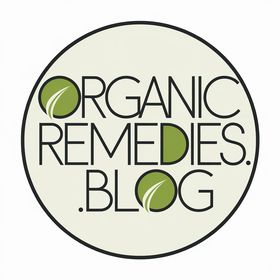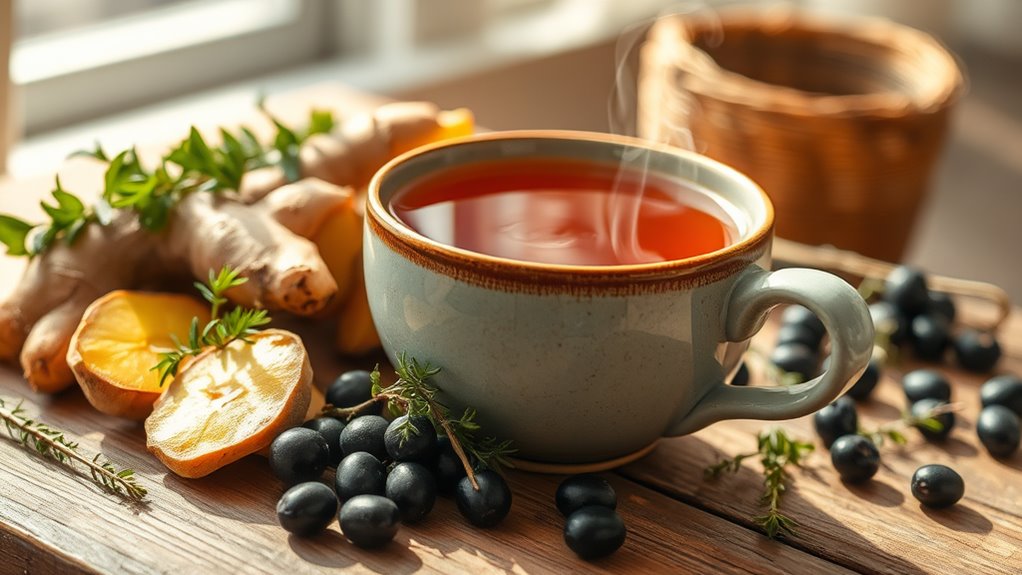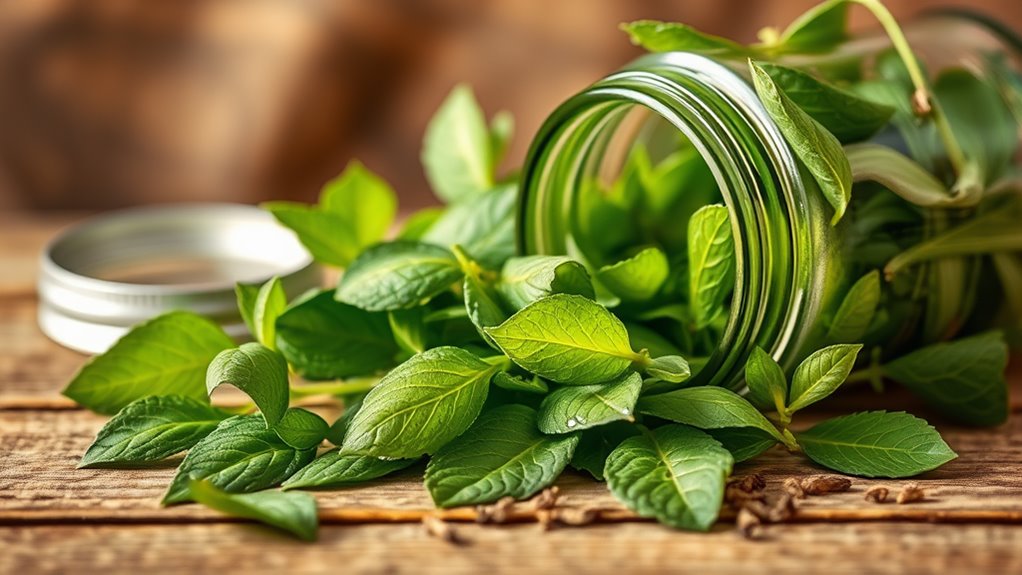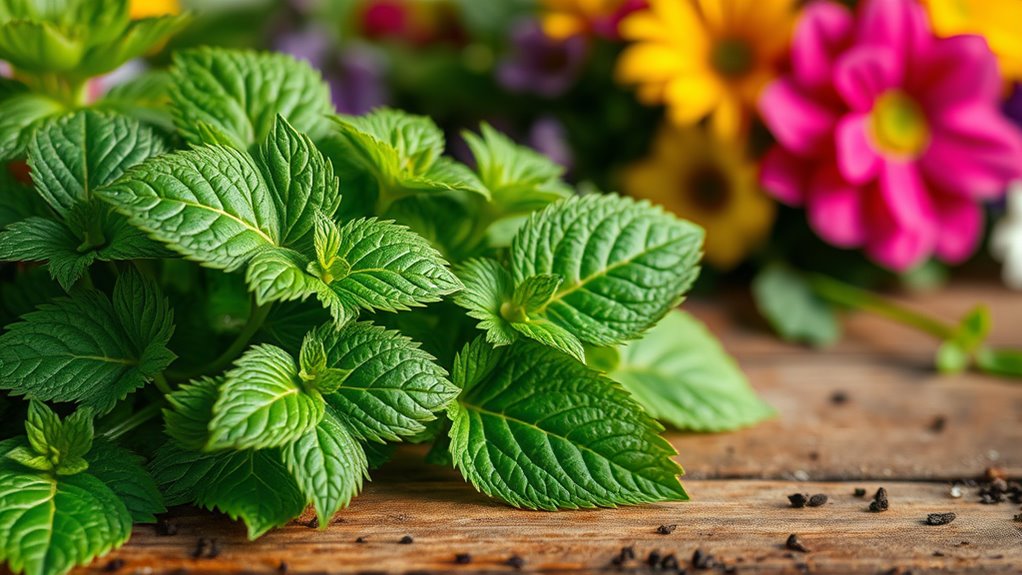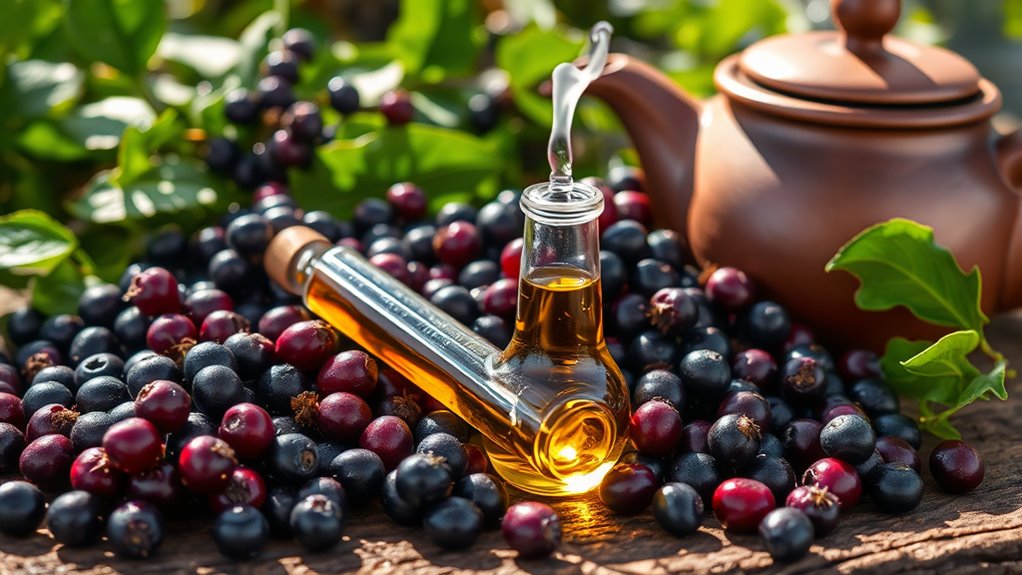My Must-Have Herbal Remedy for the Cold Season
When the cold season arrives, having a reliable herbal remedy can make a significant difference in your health. This blend of elderberry, ginger, and raw honey not only supports your immune system but also provides comfort during the chill. Each ingredient has distinct health benefits that can enhance your overall well-being. Curious about how to prepare this soothing mixture and make the most of these natural ingredients? Let’s explore the essential details together.
Key Ingredients of My Herbal Remedy
When it comes to crafting an effective herbal remedy for the cold season, understanding the key ingredients is crucial. You’ll want to start with elderberry, known for its immune-boosting properties.
Adding echinacea can further enhance your body’s defense against colds. Don’t overlook ginger, which not only provides warmth but also aids in reducing throat discomfort. Raw honey is another essential; it soothes irritation and can act as a natural cough suppressant. Finally, consider incorporating peppermint for its refreshing taste and ability to relieve congestion.
Each of these ingredients plays a vital role in forming a balanced herbal remedy for colds, supporting your body’s efforts to recover while providing comfort during those chilly months.
Health Benefits Associated With Each Ingredient
As you explore the health benefits of each ingredient in your herbal remedy, you’ll discover that elderberry is particularly noteworthy for its ability to reduce the duration and severity of cold symptoms.
Additionally, ginger boosts circulation and enhances immunity, while honey soothes your throat and has natural antibacterial properties. Garlic is another powerhouse, known for its antiviral and immune-boosting effects.
- Elderberry: Reduces cold symptoms and shortens illness duration
- Ginger: Increases blood flow and fortifies the immune system
- Honey: Offers soothing properties and antibacterial benefits
- Garlic: Strengthens immunity and fights infections
Incorporating these ingredients into your health routine can empower you against seasonal ailments, promoting overall well-being during the cold season. Furthermore, many cultures have relied on traditional tea recipes throughout history to harness the immune-boosting potential of these herbs.
How to Prepare the Herbal Remedy
To prepare your herbal remedy effectively, start by gathering fresh or dried ingredients like elderberries, ginger, garlic, and honey.
Once you have your ingredients, combine one cup of elderberries with four cups of water in a pot. Add a tablespoon of freshly grated ginger and a couple of minced garlic cloves.
Bring the mixture to a boil, then reduce the heat and let it simmer for about 30 minutes. This helps extract the beneficial properties from the ingredients.
Strain the mixture into a clean container, discarding the solids. Stir in honey to taste for sweetness and added health benefits.
Let it cool, and your herbal remedy is ready to help soothe you through the cold season! It’s important to keep in mind that while herbal remedies can provide relief, maintaining realistic expectations about their effectiveness is crucial in managing cold symptoms.
Recommended Dosage and Usage Tips
Once your herbal remedy is prepared, understanding its recommended dosage and usage becomes important for maximizing its benefits.
Start by taking one tablespoon of the remedy three times a day, preferably before meals. Make sure to listen to your body; if you notice any adverse reactions, reduce the dosage.
It’s also wise to stay hydrated, as plenty of fluids can enhance the remedy’s effectiveness. Always consult a healthcare professional if you’re pregnant, nursing, or on medication.
Additionally, incorporating ingredients like honey and ginger can further boost your immune system and provide additional relief.
- Use your remedy consistently for best results.
- Store it in a cool, dark place to maintain potency.
- Consider pairing with a balanced diet to support overall health.
- Keep track of your symptoms to assess effectiveness over time.
Additional Herbal Allies for Cold Season Support
As you navigate the cold season, consider incorporating additional herbal allies like elderberry, ginger, and thyme into your wellness routine.
Elderberry’s potent antiviral properties can help reduce the duration of colds, while ginger is known for its immune-boosting capabilities. In addition, ginger tea can serve as an effective natural remedy for nausea, providing soothing relief during the colder months.
Meanwhile, thyme supports respiratory health, making it a valuable addition to your herbal arsenal during the colder months.
Elderberry Benefits Unveiled
While the cold season can bring unwelcome sniffles and fatigue, incorporating elderberry into your wellness routine can provide robust support for your immune system.
This small, dark berry has gained popularity for its potent antioxidant properties and ability to fend off viral infections. Research suggests that elderberry can shorten the duration of colds and reduce symptoms significantly.
Consider these powerful benefits:
-
Immune system enhancement: Elderberry boosts your overall immunity by increasing your body’s production of immune cells.
-
Anti-inflammatory properties: It helps reduce inflammation, easing symptoms like sore throat and sinus pressure.
-
Rich in vitamins: Loaded with vitamins A, C, and antioxidants, elderberry nourishes your body.
-
Natural remedy: A gentler alternative to over-the-counter medications for immune support.
Embrace elderberry this cold season!
Ginger’s Immune Boosting Power
Elderberry isn’t the only herbal ally that can bolster your immune defenses during the cold season; ginger also plays a vital role. Rich in bioactive compounds, ginger has powerful anti-inflammatory and antioxidant properties that support immune function. Research shows it can help reduce the duration and severity of colds.
Incorporating ginger into your diet, whether in teas, soups, or smoothies, can enhance your overall well-being. Moreover, ginger stimulates circulation, promoting the delivery of immune cells to fight off infections. Its warming properties can also soothe sore throats and alleviate congestion.
Thyme for Respiratory Health
When it comes to supporting respiratory health during the cold season, thyme stands out as a powerful herb worth incorporating into your wellness routine. Rich in antimicrobial properties, thyme can help combat respiratory infections and alleviate symptoms like coughing and congestion.
You can easily add it to your meals or brew it into a soothing tea.
Consider these additional benefits of thyme for your respiratory health:
-
Expectorant properties: Thyme helps clear mucus from your airways.
-
Antioxidant effect: It supports lung health by neutralizing oxidative stress.
-
Anti-inflammatory benefits: Thyme can reduce inflammation in respiratory passages.
-
Antimicrobial qualities: It fights harmful bacteria and viruses.
Integrating thyme into your diet can provide significant support during cold season, enhancing your overall wellness.
Personal Experiences and Testimonials
When it comes to herbal remedies for the cold season, your personal journey can be a rich source of insight. Hearing how family members have benefited from these natural treatments may inspire you to try them yourself. Let’s explore these experiences and the positive impact herbal remedies can have on your health. Many people have found that using herbal teas, particularly those with ingredients like milk thistle, can help support overall well-being during colder months.
My Healing Journey
As you navigate the cold season, the journey towards healing often involves exploring the treasures of herbal remedies and personal experiences that can enhance your well-being.
Your encounters with these natural solutions can truly transform your health.
-
Increased resilience: Discovering herbs like echinacea may strengthen your immune response.
-
Holistic wellness: Uniting mind and body can lead you to adopt healthier habits, reducing stress-induced symptoms.
-
Gentle on the body: Many herbal remedies are less harsh than conventional medicines, easing your discomfort without side effects.
-
Mindful connections: Sharing experiences with others can provide new insights and support on your healing journey.
Integrating these remedies into your routine can create a rich tapestry of wellness for you during the cold season.
Family Recommendations Shared
Families often share their favorite herbal remedies, highlighting personal experiences that resonate across generations. For instance, your aunt might swear by elderberry syrup, claiming it shortened her family’s colds significantly. Studies show elderberry contains antioxidants that support immune health.
Similarly, your grandmother may recommend ginger tea, which helps soothe sore throats and has anti-inflammatory properties.
You may also hear about honey’s effectiveness; it not only adds flavor but can alleviate coughs due to its soothing qualities.
These shared testimonies emphasize the importance of using natural ingredients, creating a comforting ritual during the cold season.
